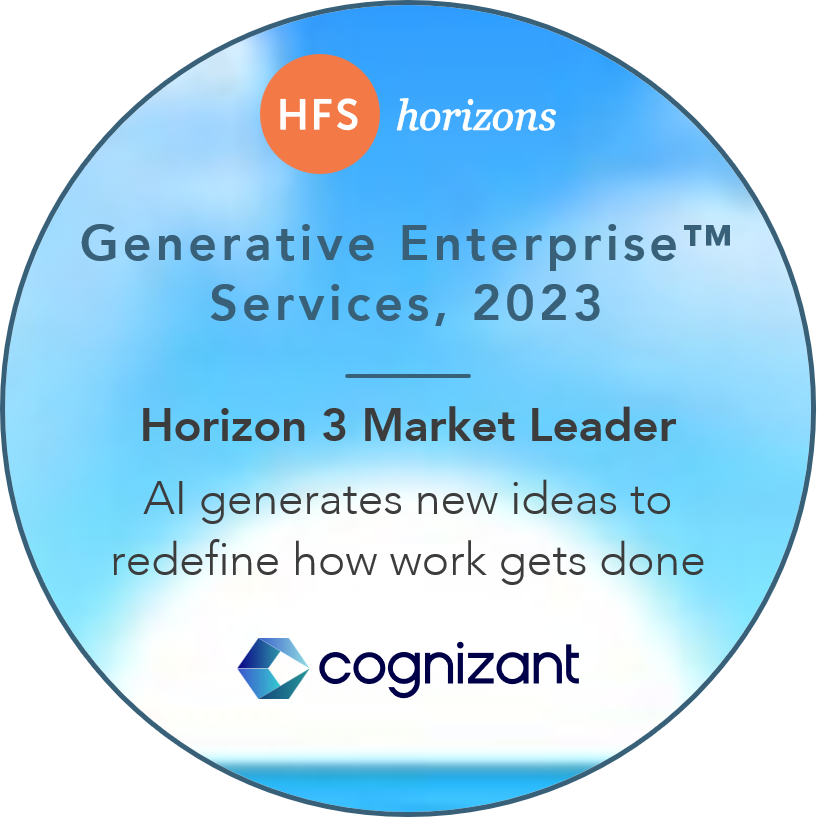Software that powers modern business
Across industries, software is the alchemy that powers modern business. Leading in software is more than skillset—it's a cultural shift. It's building sustainable systems of delivery. It’s smart usage of technology, ecosystems and platforms to gain insights, respond with agility and deliver impact. We engineer products that produce outcomes for your business.













